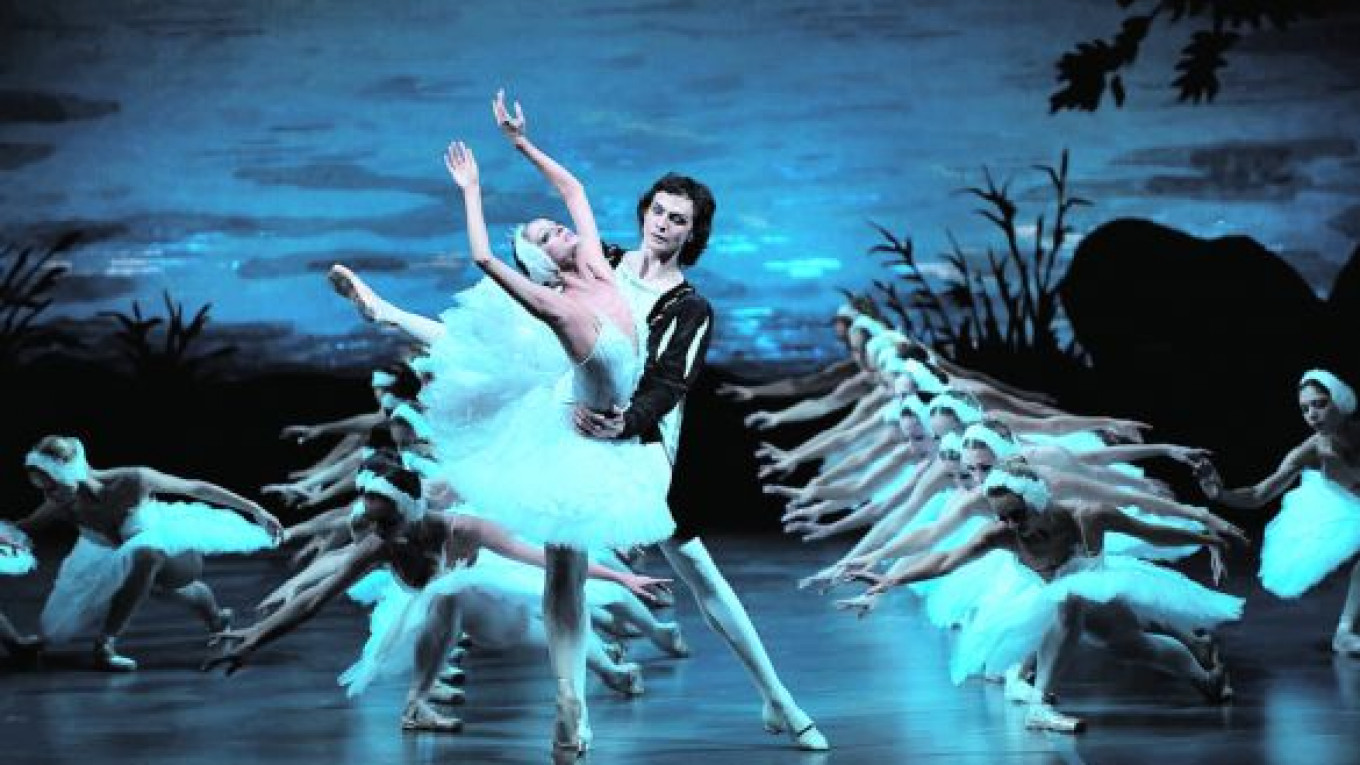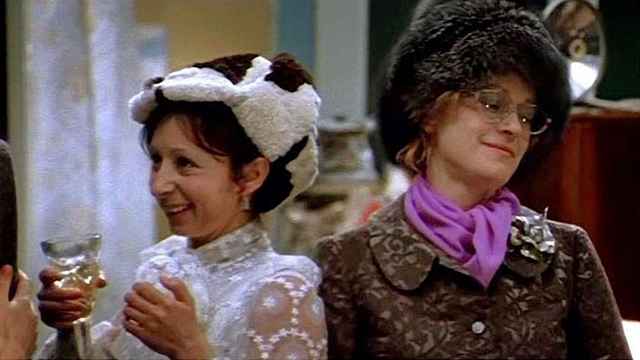Mikhail Messerer is one of the world’s most famous ballet teachers. Born into a famous ballet family, he danced with the Bolshoi Theater, defecting in 1980 while on tour in Japan.
In the West, he is known as a teacher who mixes Russian and Western traditions. He has given master classes at major ballets around the world, has been the company guest teacher with The Royal Ballet at London’s Royal Opera House for over 25 years and was appointed ballet master in chief at the Mikhailovsky Theater in St. Petersburg in 2009.
He gave the following interview to Vedomosti.
How far is Russian ballet, behind the iron curtain for most of the 20th century, incorporated into the international ballet scene?
Russian artists successfully work in companies all over the world and easily absorb the most difficult lexis of Western choreographers. Look at the number of Russian, or Russian-speaking artists, in European dance companies and the American Ballet Theater in New York or San Francisco. Ideally, I would like to see that our artists are able to communicate in all dance languages without, at the same time, losing the ability to use their mother tongue.
Is the common view that graduates from our schools cannot dance modern choreography groundless?
For some reason, as soon as they arrive in the West they are immediately able to do it.
What helps you rate the purity of a style?
There is no absolutely pure school. Everything has changed in the last decades and even centuries. If we take an old school like the Danish, what was it like under [19th-century choreographer August] Bournonville. How do you compare? There is no transcript of the choreography or style of performance, just some characteristic strokes. Of course, there are some national characteristics that we can use to find out … but even then everything is so mixed up now. The ballet world is ruled by YouTube, Russian performers are watching French performers and the other way around, and they take bits from each other, sometimes good and occasionally bad. This makes the ballet master’s teaching harder.
Your “Swan Lake” at the Mikhailovsky Theater, a revival of the production that brought such acclaim to Russian ballet in the 1950s, provoked discussion on the topic: To what extent is ballet for historians as well as for an audience?
If it is not a new interpretation but a reconstruction of an old one, it has to match the archived exactness of the play together with enthralling the spectators in the room. The argument over whether old [work] should be untouchable or whether we are allowed to change things is an eternal one. Moreover, we cannot even be sure what is supposed to be untouchable: For a long time there was no common method of writing things down like notes in music. Not even video footage gives the full picture that is needed. I think that each time you have to take an individual approach, it is a question of knowledge and the taste of the director. I, within my modest capacities, tried to make the plays that we created at the Mikhailovsky Theater interesting for today’s audience.
What is more important in a dancer, technique or artistry?
Again, it is important to have both. Virtuosity sometimes can come later for an artist, but if he does not understand the role he is performing and cannot create an image on the stage — that is bad.
Sometimes a dancer dances smartly but is a fool in real life. How does this work?
As is commonly said, the stage highlights the fool but it is also true that a human can be reborn on stage. And if he has a rare acting gift, do not ask of him that he should also be able to be part of an intellectual discussion. Another can splendidly talk at the table and be the smartest human being, but on stage he cannot express anything. These are different gifts although sometimes they are combined in one person.
So is the clever ballet dancer an illusion?
No, I cannot agree with the old joke: A farmer had three sons, two clever ones and the third was a ballet dancer. But there is a special stage intellect, another aspect of human consciousness and talent.
A Message from The Moscow Times:
Dear readers,
We are facing unprecedented challenges. Russia's Prosecutor General's Office has designated The Moscow Times as an "undesirable" organization, criminalizing our work and putting our staff at risk of prosecution. This follows our earlier unjust labeling as a "foreign agent."
These actions are direct attempts to silence independent journalism in Russia. The authorities claim our work "discredits the decisions of the Russian leadership." We see things differently: we strive to provide accurate, unbiased reporting on Russia.
We, the journalists of The Moscow Times, refuse to be silenced. But to continue our work, we need your help.
Your support, no matter how small, makes a world of difference. If you can, please support us monthly starting from just $2. It's quick to set up, and every contribution makes a significant impact.
By supporting The Moscow Times, you're defending open, independent journalism in the face of repression. Thank you for standing with us.
Remind me later.






